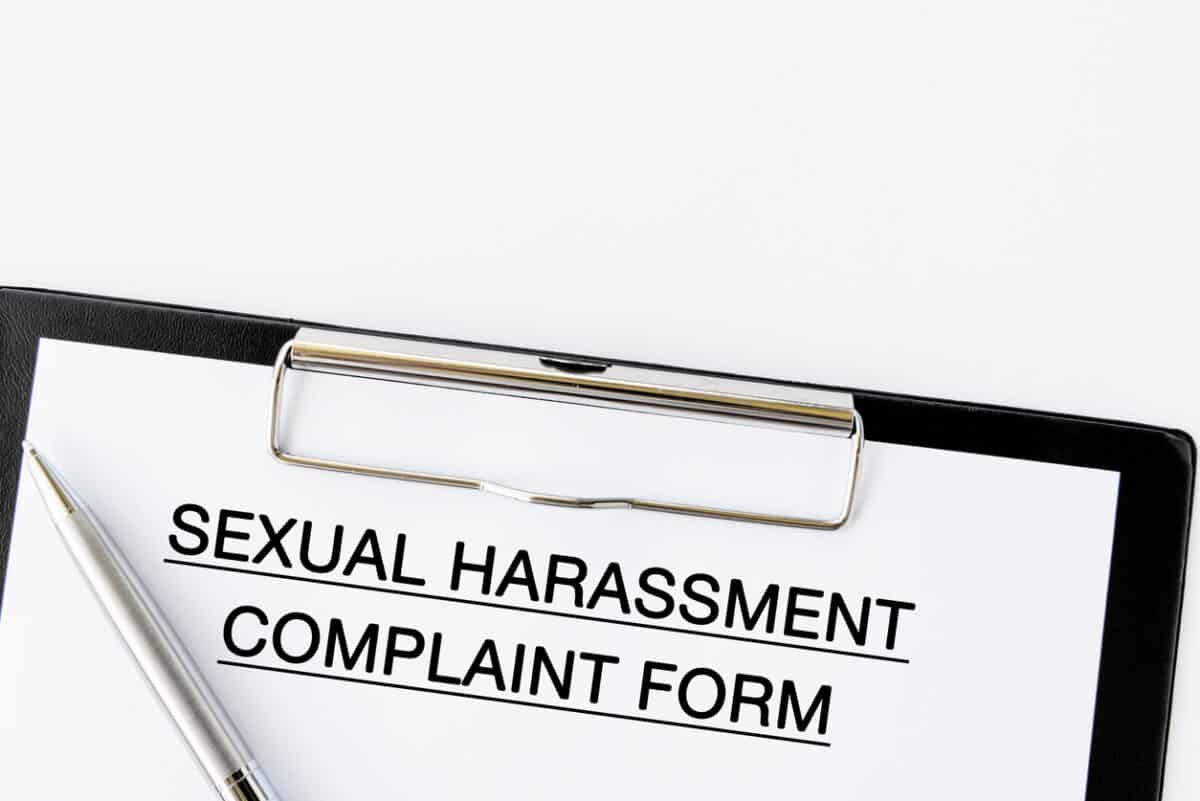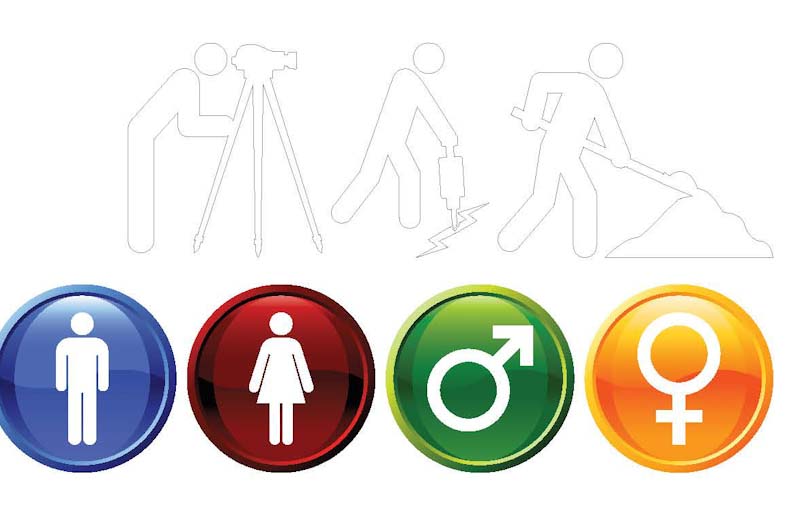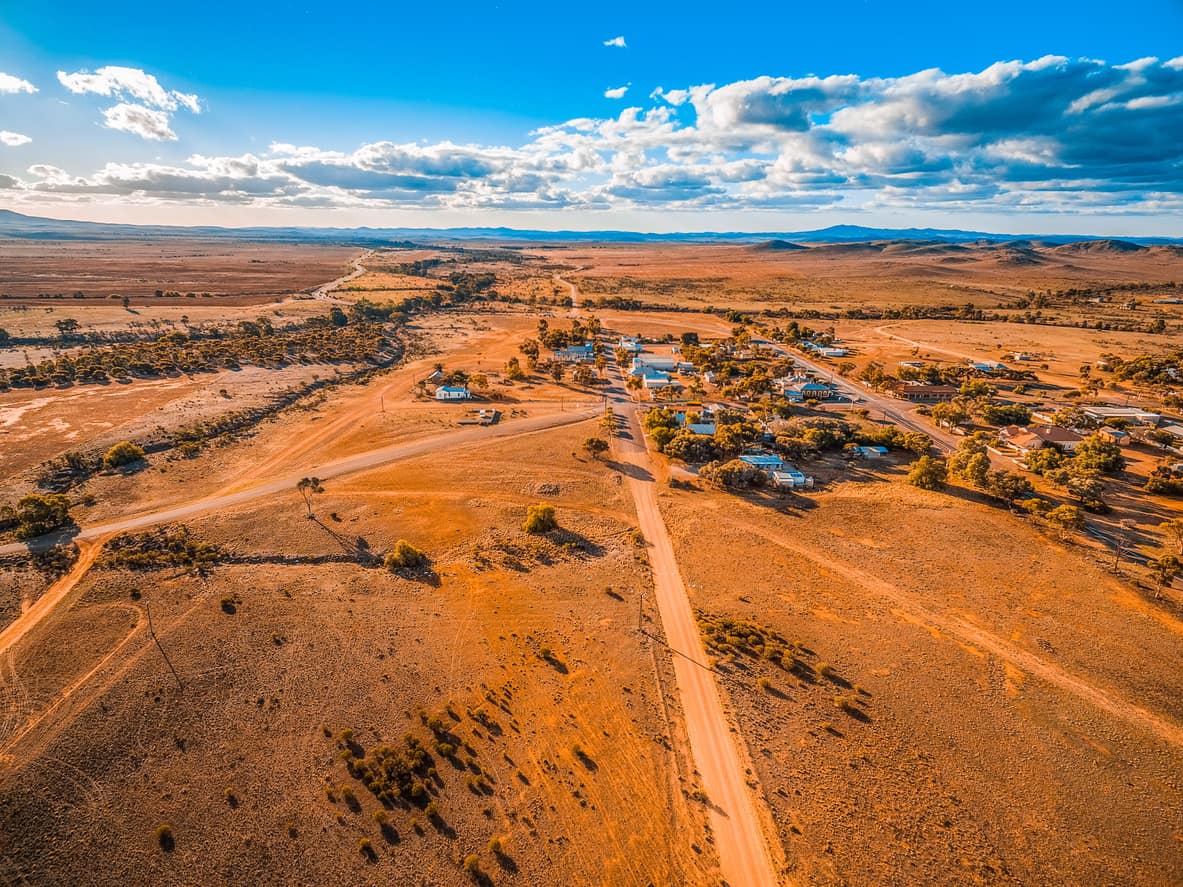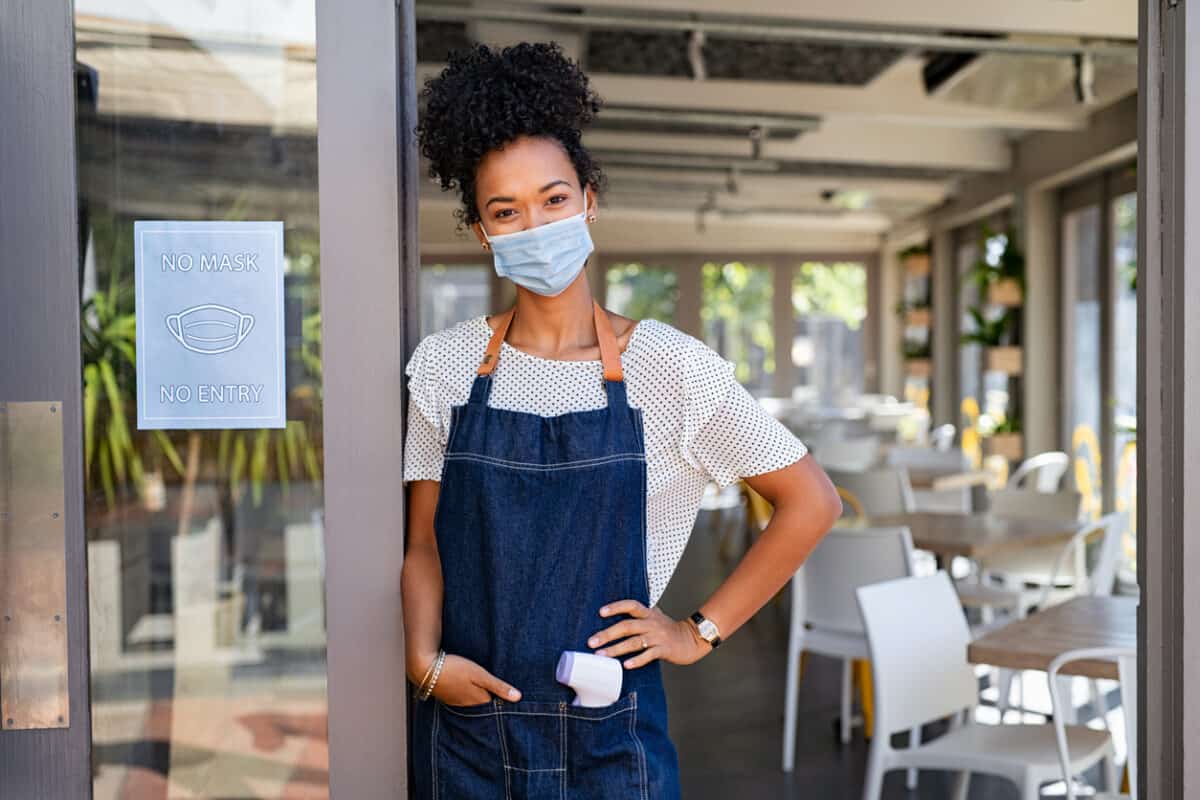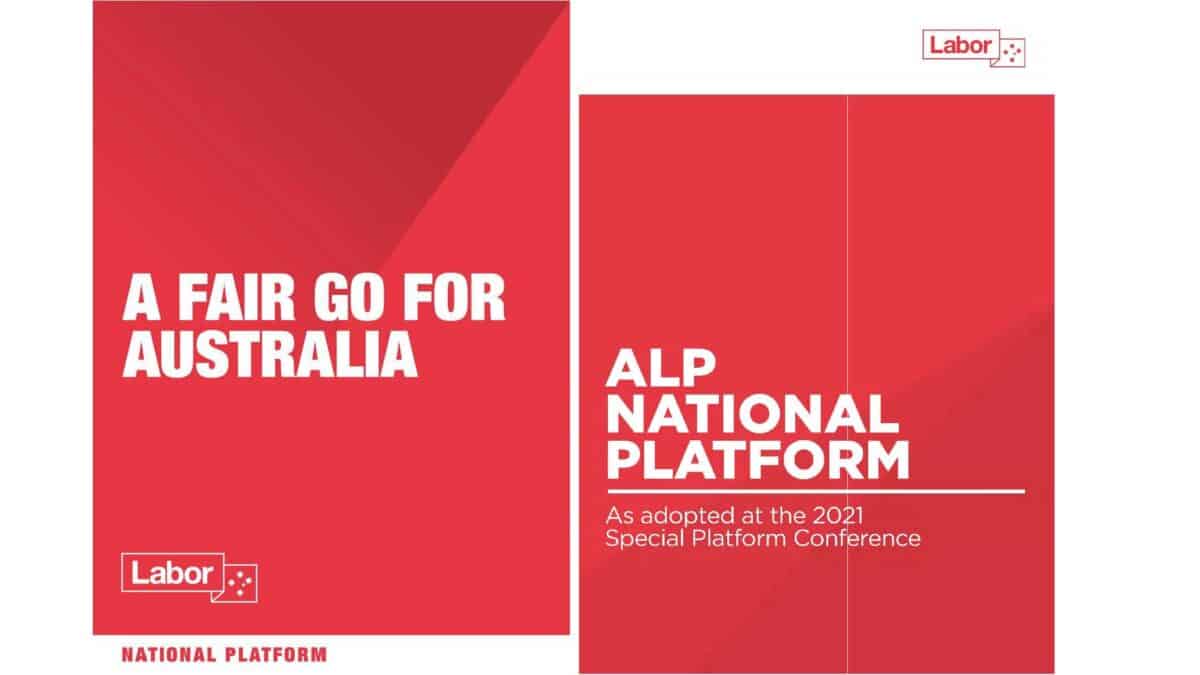In light of many workplace sexual harassment scandals in Australia, the Victorian Government established a task force to look at the issues and make recommendations. That task force has released its findings, the government has responded, and the media has focused on mainly one issue – non-disclosure agreements (NDAs) – missing out on other important information. And questions like, why did Victoria have the task force at all?
Category: violence
‘Enough was Enough’ over a decade ago and the mining industry failed to act then
The recent report on sexual harassment at West Australian mine sites deserves national attention for several reasons. The stories are horrific, partly because many of us thought such stories were in the distant past. The fact that many are recent should shock everyone into action.
The report “Enough is Enough”is highly important, but its newsworthiness seems disputable. Some media have covered the report’s release but the newsworthiness, in my opinion, comes less from this one report but from the number of reports and research on sexual harassment, bullying, abuse, disrespect and more in the mining sector over the last twenty years that have done little to prevent the psychosocial hazards of working in the mining and resources sector and especially through the Fly-in, Fly-Out (FIFO) labour supply process.
Another attack and death of a remote area nurse
In 2008 a remote area nurse was raped and assaulted in her work-related residence in Mabuiag Island in the Torres Strait. More recently, South Australia had a similar incident – the rape and murder of nurse Gayle Woodford while working on-call alone. Both have resulted in inquiries by Coroners, Departments of Health and others, with similar outcomes, primarily that these incidents could have been prevented.
The recent outrage around Woodford’s death was that SafeWorkSA investigated and decided not to proceed with a prosecution of her employer Nganampa Health Council (NHC). The Coroner had already investigated Woodford’s death and found significant deficiencies in the NHC’s management systems and practices. Understandably questions have been asked in the South Australian Parliament, questions that raise important occupational health and safety (OHS) issues.
Will workplace psychological regulations work?
Recently the Victorian Government released its proposed Occupational Health and Safety Amendment (Psychological Health) Regulations supported by a 106-page Regulatory Impact Statement (RIS) written by Deloitte Access Economics. Public consultation and submissions are welcome up to the end of March 2022.
These regulations have been promised by the Victorian Government for some time and are likely to be debated in Parliament later in this (election) year. The RIS raises substantial questions, but the Regulations stem from primarily a political decision, so those political promises need to be examined.
This is the first of a series of articles on psychological health and the proposed regulations over the next few days.
Angry workers demanding access? OHS has got this – sort of
The reopening of workplaces in some Australian States is causing alarm over potential violence and abuse from those who do not meet or choose not to meet the new COVID-19 access requirements. This is perhaps most succinctly put in a recent article in The Guardian (paywalled) asking “… who will enforce rules for unvaccinated customers” – a question with which many employers are struggling.
The article discussed the expectations of employers about the rules or public health orders that they are expected to enforce but also about who can they call on if there is trouble, given there are mixed messages from the New South Wales government, in particular. (If “unprecedented” was the most used word in 2020, “mixed messages” may be the 2021 equivalent)
The enforcement question is being faced by all workplaces in all States that need to reopen under COVID-19 restrictions.
Can the sex industry be the same as any other industry?
The Australian State of Victoria has committed to the decriminalisation of sex work. It made this decision some time ago, conducted an inquiry into how this could be achieved and is now in a further consultative process on what laws and practices need to change. The aim is honourable – to reduce the stigma of a legitimate industry. However, there is one statement repeated in media releases and discussion papers that encapsulates the challenge:
“Decriminalisation recognises that sex work is legitimate work and should be regulated through standard business laws, like all other industries in the state.”
That challenge is can, and should, Victoria’s sex industry be treated like “all other industries”?
The OHS agenda of the Australian Labor Party
Given that the protection of worker health and safety will gain more attention and support under progressive parties and governments, the release of the 2021 National Platform for the Australian Labor Party (ALP) is notable. The 2021 document, unsurprisingly, focuses on the role of Health and Safety Representatives, appealing to its financial and political trade union base as major influencers on occupational health and safety (OHS).
This article will focus on the chapters in both the 2021 and 2018 platform documents related to safe and healthy workplaces, although there are OHS-related issues dotted throughout both documents.

